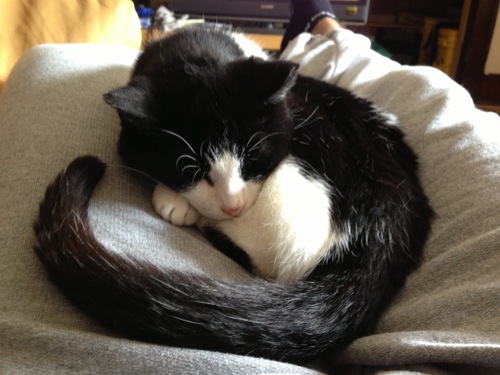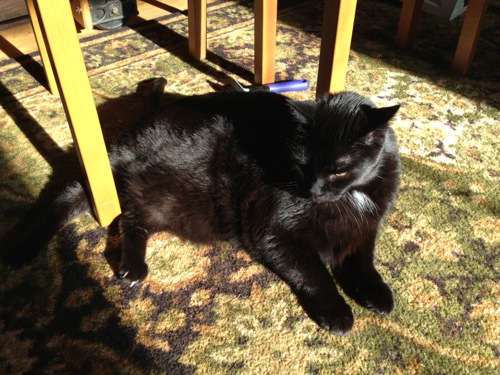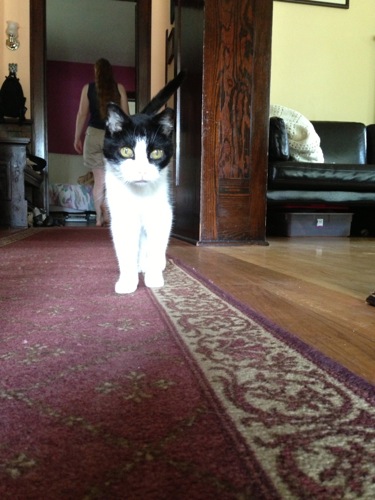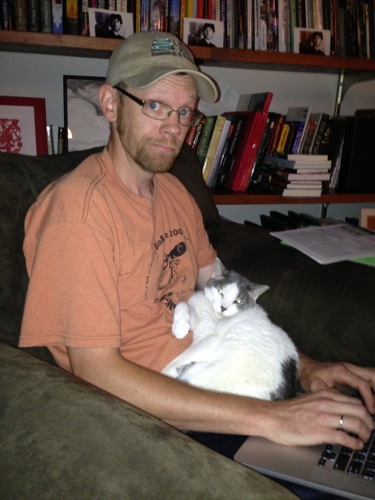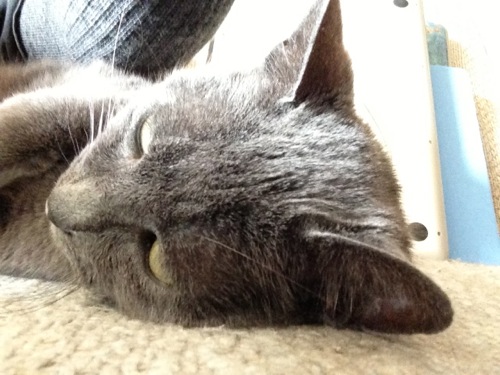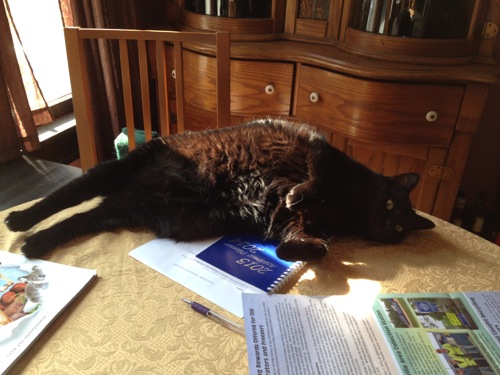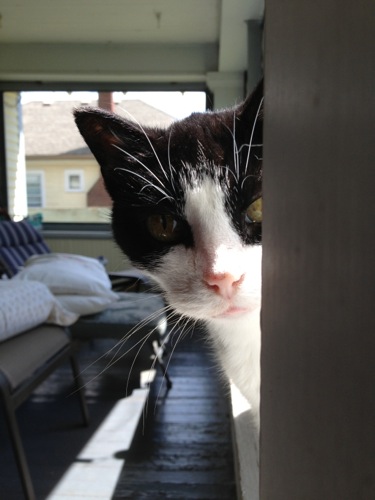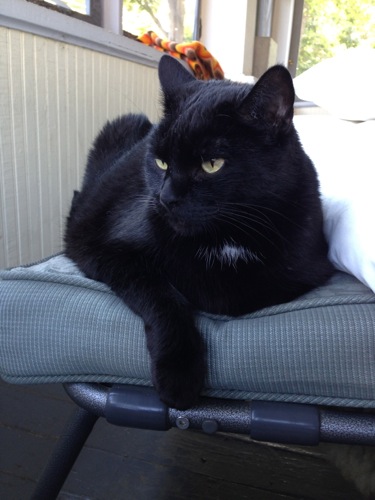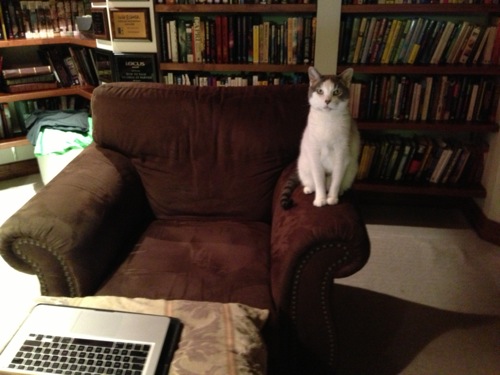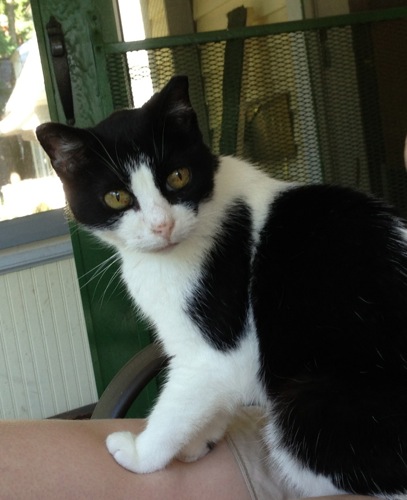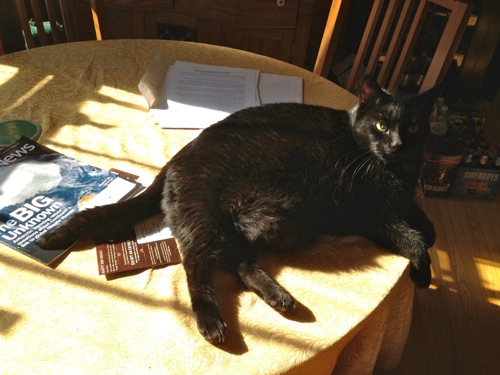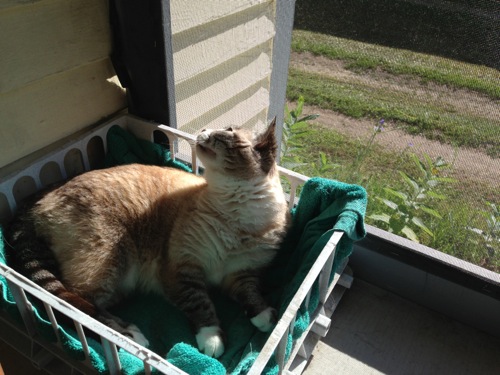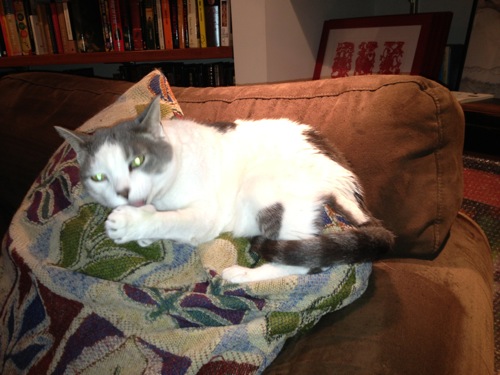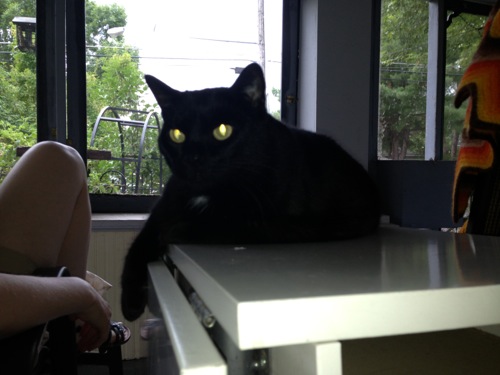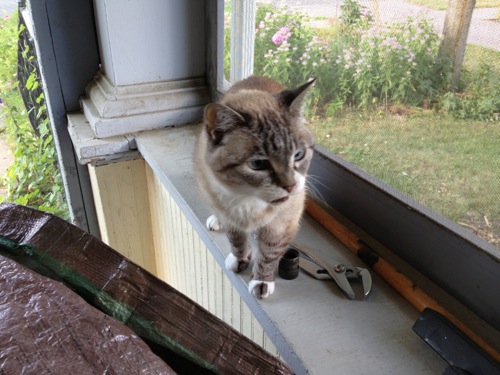The purpose of the Wyrdsmiths blog is to share what we as writers have learned with those who are interested and might benefit. Since we’ve got a pretty good publishing record collectively it’s safe to assume that we’ve learned a bit that’s worth sharing.
This often takes the form of things that sound a lot like rules or commandments, and at some time I’m even going to write a Kelly’s rules of writing post. But an important note from that is that rule one is to do whatever it takes to get you writing. If that means violating every single bit of advice we give, do it, without hesitation or concern. The writing is what it’s all about, everything else is garnish.
This includes the things we have to say about what will and won’t sell. Collectively, we’ve learned quite a lot about the business of writing. The F&SF community is a small world and one where agents and editors mingle pretty freely with writers. The tropes and conventions of the genre are often discussed (go figure).
I can say with some authority that a present tense book is going to be a harder sell than a past tense book. That in-scene POV switches will be an issue. That 150,000 words is much harder to sell than 95,000. That a book with seven protagonists will be tougher sledding than one with a single protagonist. That its easier for someone with a big name to get away with any of the above. But none of that matters as much as A) getting words on paper, and B) the quality of those words.
If writing a 150,000 word, 7 protagonist, present tense, in-scene POV switching, time-travel, cyborg, political, Southern Gothic is what really gets you to put words on the page, then get out there and start writing it. Will it be hell to sell? Absolutely. Will it sell anyway if it’s good enough? Likewise, absolutely.
Good writing trumps every marketing rule. And it trumps every other writing rule but one: Write.
Write. Write well. The rest will follow.
(Originally published on the Wyrdsmiths blog Dec 04 2007, and original comments may be found there. Reposted and reedited as part of the reblogging project)

